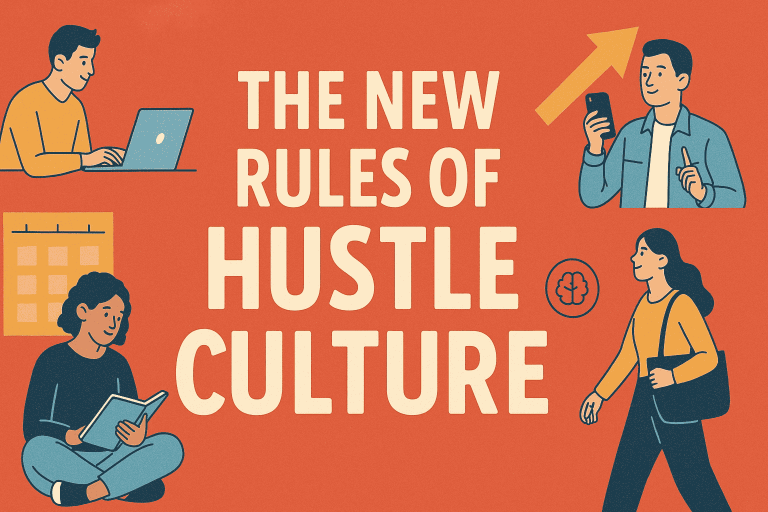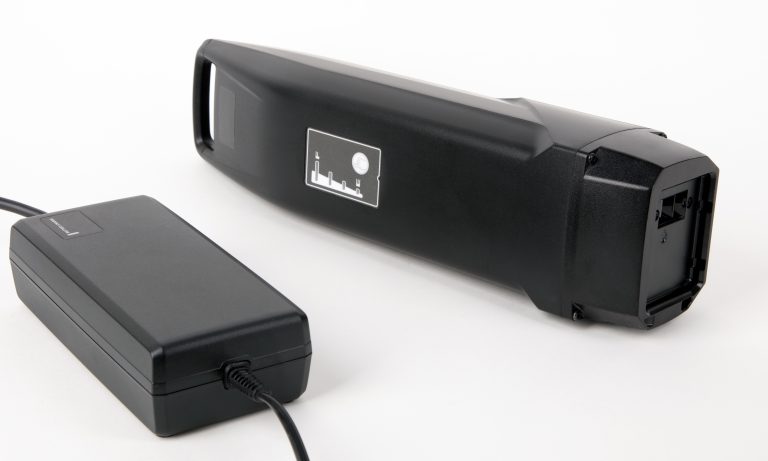
I used to believe that if I wasn’t exhausted by 10 p.m., I hadn’t hustled enough. That previous version of hustle culture demanded perpetual motion, skipped meals, and bragging about four-hour nights. And then I realized that the winners weren’t necessarily working harder. They were working smarter—and, most importantly, they were noticed.
The new hustle culture rules don’t credit suffering anymore. Now, alignment, clarity, and creative output are what are rewarded. I have seen students build multiple-income digital enterprises without uttering the term “grind” even once. That isn’t laziness. That’s evolution.
Clout Now Pays More Than Credentials
I spent weeks crafting résumés and composing emails that no one even bothered to read. All that changed after I made a straightforward YouTube video documenting my experience transitioning to remote working. It ended up earning me two freelancing gigs that same week. That was when it hit me—credibility is no longer built from paperwork but from presence.
People are choosing who to work with, not on LinkedIn profiles, but on who’s contributing to their feeds. And here’s another cool fact: profiles that post regular and appropriate content garner up to 78% more engagement and increased social media followers over three months. Visibility isn’t about ego, it’s about strategy.
This is where most of the new hustle rules still don’t get. You don’t have to be the best. You just have to be recognized for what you can do.
Balance Is Out and Alignment Is the Game Now.
I used to chase work-life balance like it was an endpoint. It made me feel frustrated, like I was splitting myself in two. So I changed my approach: I built my life on work which energized me. It wasn’t ideal, but it was real.
Today’s hustle isn’t really about balance but about alignment. Can I have a noon Zoom call and then head for a two o’clock walk without guilt? Can income hours and streams be on my time? That’s what I ask myself before I agree to anything.
And here’s the thing? The most aligned creators I know aren’t actually making millions—though they aren’t burned out, either. That used to be outside of the norm. Now it’s a rule.
A Single Job Is a Liability
Since I was teaching part-time, one of my students started a Notion template store “for fun.” Six months in, she had a passive income stream that was earning her more money than her full-time job. She didn’t call it hustling. She was just looking for freedom.
New hustle culture principles are all built on leverage—transforming your knowledge, skills, and workflows into digital products, courses, and tools. Passive income is not about not working. It’s about not letting time be your constraint anymore.
And don’t worry about needing to be viral. You just need to solve for that individual and then automate the distribution. The rest is taken care of by the internet.
Find Your People
The word “networking” still sends shivers down my spine. I used to show up at events carrying business cards I never ended up handing anyone. But all of that shifted after joining an online community of creators on an impulse.
We didn’t talk about “elevator pitches” there. We exchanged input, promoted each other’s projects, and shared small victories. That’s when I realized at last: hustle’s future is not individual. It’s collective.
Hustle culture laws work in favor of collaboration over competition. A referral by someone who respects your work is better than ten cold emails. Stop networking. Start belonging.
Working All the Time Is Just Bad Work

There’s this odd sense of guilt creeping in when I’m not occupied all the time. I always believed that rest follows success. But then I began to rest, and my job became more concentrated.
These days I only measure productivity by output quality, not how exhausted I am. I work in time blocks. I protect my mornings. And occasionally, yes, I abandon work right in mid-day because I can.
Hustle does not equal burning yourself out. Hustle is creating a system that respects your energy. Otherwise, bet on it, your body will.
The Real Flex is Mental Wealth
I’ll be honest. More than any business book, therapy helped me. I only began asking new questions once I moved past pretending that I could outwork anxiety and burnout—about work, money, and purpose.
The new laws of hustle culture don’t separate performance and mental health. In fact, more than 60% of successful freelancers incorporate journaling, mindfulness, even therapy, into their daily habits.
No one profits when you crash. My grind these days includes digital detox weekends, taking long walks, and learning to say no without apology. That’s wealth nobody can steal from me.
The Machines Are Here. Use Them.
Struggled with AI tools for several months. Believed that they were just hype. Then used one to script for podcasts and saved an extra five hours of work each week. Since then, I’ve been automating onboarding for clients, generating ideas, and content batching.
Technology is your co-pilot and not an enemy of hustle. Hustling doesn’t happen when you still keep doing things yourself. The new regulations of hustle culture require flexibility. Focus on a single tool. Put it atop your skill set. Leverage it to enhance what you already possess expertise in. That is the way to remain in the game without sacrificing your soul.
FAQs
What exactly is replacing traditional hustle culture?
The old hustle thrived on overworking and glorifying exhaustion. What’s replacing it is a smarter, more sustainable approach—focused on alignment, visibility, and leverage instead of burnout.
Can I still hustle without being online all the time?
Yes, but in 2025, digital presence is currency. You don’t have to be loud—just consistent. Even low-effort, high-value content can build trust and opportunity if done intentionally.
Is it too late to benefit from the new hustle mindset?
Not even close. The landscape shifts constantly. If you’re adaptable and willing to rethink old norms, you’ll thrive. Start small, stay authentic, and don’t underestimate the power of showing up.



